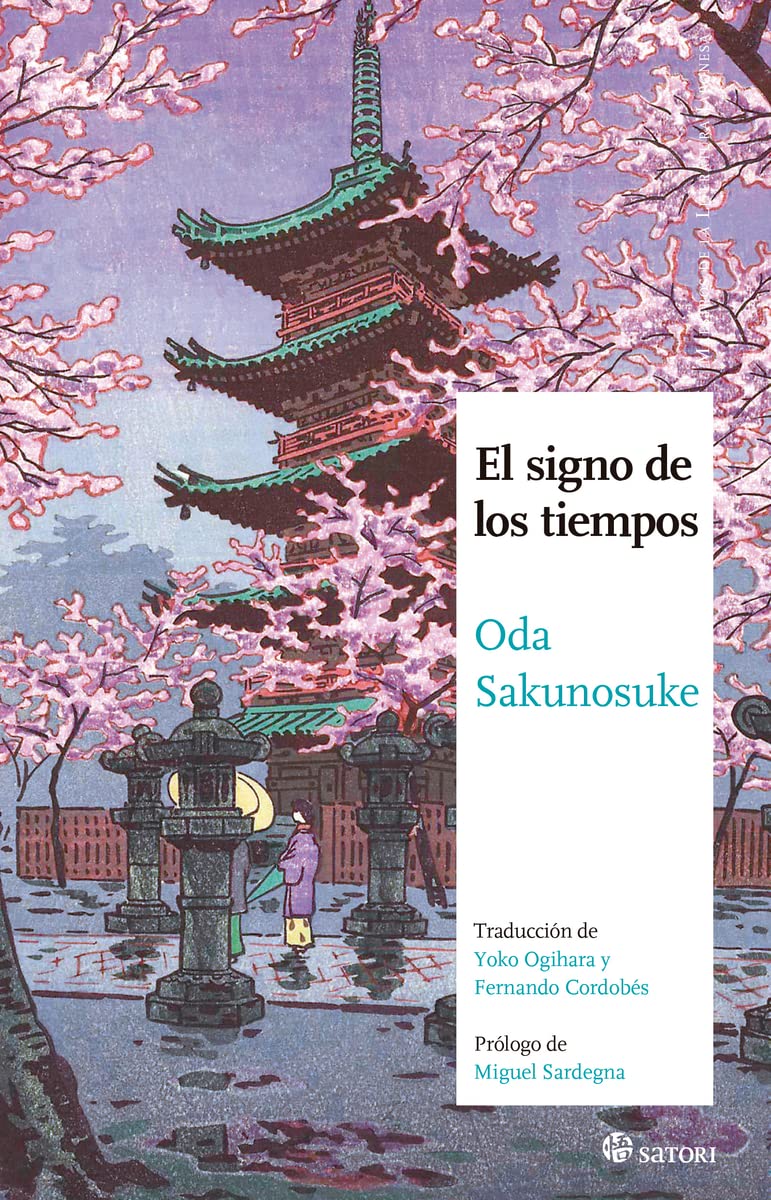
Review of the book “The Sign of the Times” by Oda Sakunosuke
“The Sign of the Times” is a collection of short stories by Japanese writer Oda Sakunosuke, first published in 1929. The work includes seven stories that explore themes such as poverty, crime and corruption in Japanese society at the time.
The stories reflect the life of the inhabitants of Osaka after the Second World War, in a context of poverty, hunger and hopelessness. However, they also show the ability to resist and find beauty in the little things, such as love, friendship or nature.
Oda Sakunosuke was an author who belonged to the buraiha literary movement, which was characterized by portraying the marginalized and rebels of Japanese society. His style is simple and direct, but also full of humor and irony. His works were censored by the American occupation government, which considered that they did not reflect the democratic values it wanted to impose in Japan.
The Sign of the Times is a masterpiece of modern Japanese literature, which allows us to discover a little-known facet of the history and culture of this country. Through his characters, Oda shows us the human and complex side of a difficult time, but he also invites us to reflect on the meaning of existence and art.
One of the most notable stories in the collection is “Lord of the Flies”, which tells the story of a poor man who collects human feces to sell as fertilizer. The tale is a powerful exploration of poverty and despair, and is full of symbolism and metaphors.
Another notable story in the collection is “The Sign of the Times,” which tells the story of a man who becomes a thief after losing his job. The tale is a fascinating exploration of corruption and morality, and is full of surprising and exciting twists.
Oda’s prose is direct and heartbreaking, and her ability to create complex, realistic characters is impressive. The author uses detailed description of objects and Japanese aesthetics to create an authentic and rich atmosphere in each of the stories.
Additionally, the collection of short stories is a subtle but powerful critique of Japanese society at the time, addressing themes such as social hierarchy, hypocrisy, and corruption. Oda uses short stories as a tool to explore the complexities of Japanese society, and his ability to do so through fiction is impressive.
In conclusion, “The Sign of the Times” is a masterpiece of Japanese literature and a fascinating exploration of poverty, crime and corruption in early 20th century Japanese society. The short story collection is a must-read for anyone interested in Japanese literature and exploring universal themes through fiction.
Source: https://algunoslibrosbuenos.com/el-signo-de-los-tiempos


